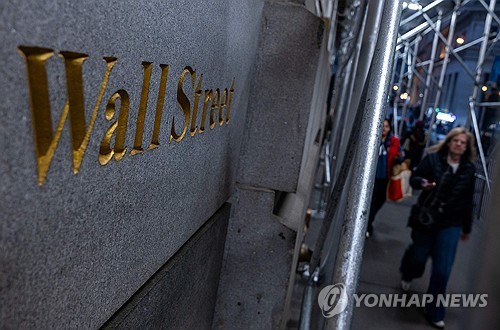
(Seoul=Yonhap Infomax) Yong Wook Kwon – Concerns are mounting that the depreciation of graphics processing units (GPUs) and chips acquired for artificial intelligence (AI) initiatives could weigh heavily on the financial statements of major technology companies.
Business Insider (BI) reported on the 23rd (local time), "Depreciation is the new worry in AI investment," highlighting the growing debate.
The controversy centers on fears that expensive GPUs and semiconductor chips purchased by leading tech firms may lose value faster than anticipated, increasing cost and profit pressures.
Michael Burry, the prominent short seller, has recently cited depreciation as the most critical risk factor in AI investment over the past several weeks.
Following NVIDIA Corp.'s (NASDAQ: NVDA) earnings release, Burry underscored on his X (formerly Twitter) account that AI giants may be inflating their results by extending the depreciation period of computing equipment.
Short sellers are not alone in sounding the alarm over depreciation.
Peter Berezin, Chief Global Strategist at BCA Research, estimated in a LinkedIn post that "hyperscalers (large-scale AI data center operators) will hold at least $2.5 trillion in AI assets over the next decade," adding, "Assuming a 20% depreciation rate, this would result in $500 billion in annual depreciation expenses."
He further noted, "This amount exceeds their combined profits projected for 2025."
Kai Wu, founder and Chief Investment Officer (CIO) at Sparkline Capital, stated in a recent report that annual depreciation charges could rise from $150 billion to $400 billion over the next five years.
Wu warned, "While the Magnificent 7 are highly profitable, surging capital expenditures and resulting depreciation costs could significantly erode their net income in the coming years."
He added, "Many experts believe that, given NVIDIA's accelerating GPU replacement cycle, the assumed 5–6 year useful life for hyperscalers' AI data centers is overly optimistic, and a 2–3 year lifespan may be more realistic."
Conversely, Bernstein analyst Stacy Rasgon argued, "GPUs can operate profitably for about six years," and asserted that "the depreciation accounting practices of most major hyperscalers are reasonable."
BI concluded, "For now, the possibility that depreciation concerns may be valid is casting uncertainty over what was once a red-hot AI investment landscape."
ywkwon@yna.co.kr
(End)
Copyright © Yonhap Infomax Unauthorized reproduction and redistribution prohibited.

